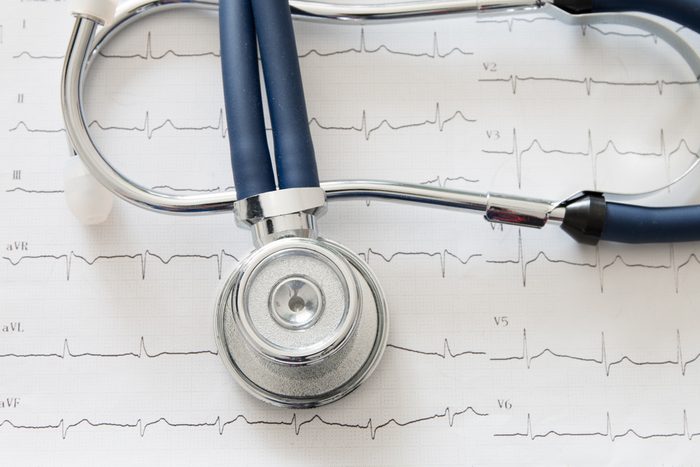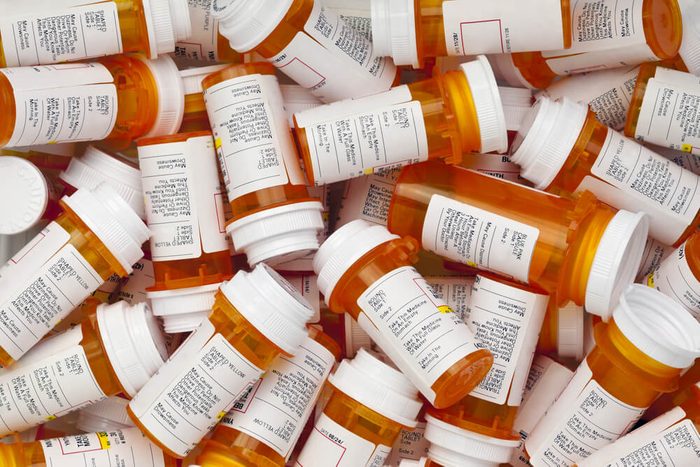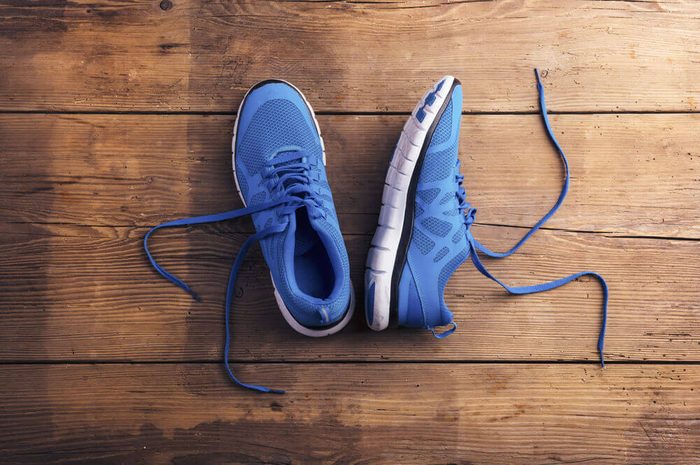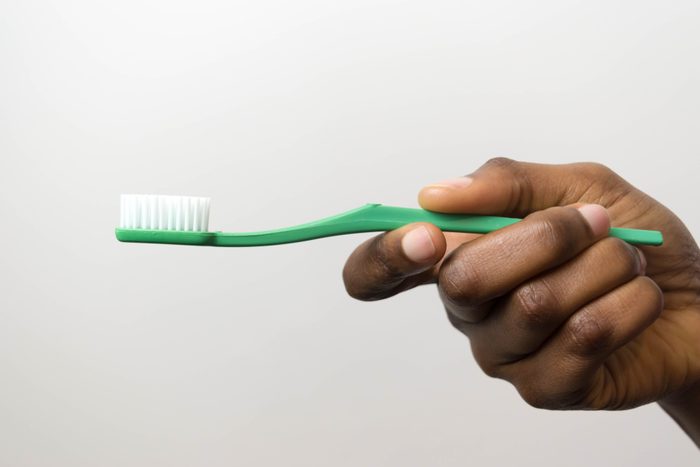Doctor-recommended tips for heart attack recovery
After a heart attack, patients have a great opportunity to take control of their heart health. Medications, lifestyle changes, and sometimes surgery are part of a heart attack recovery plan to help to prevent a second attack. “Our medications and technologies have advanced so rapidly that people can go on to have an excellent life and potentially not have another heart attack if they’re willing to partner with their health-care team and make changes,” says Martha Gulati, MD, chief of cardiology at the University of Arizona, and editor-in-chief of CardioSmart, which is the patient arm of the American College of Cardiology.
And she’s far from the only doctor who feels that way. “I see a number of patients who don’t seem to understand how much they can lower their chances of a second heart attack or stroke through lifestyle changes,” says Alan Schwartzstein, MD, a family physician in south central Wisconsin and an officer for the American Academy of Family Physicians (AAFP).
With the help of these two heart health experts, we identify the things you need to do for a healthy heart attack recovery.

Identify your heart attack trigger
“It’s not always possible to know, but many times there are things we can identify that were the cause, and a lot of them are lifestyle factors,” says Dr. Gulati. She remembers a patient whose heart attack was caused not by high cholesterol levels or hypertension, but by his smoking habit. “So he quit smoking and never had another cardiac issue, because he understood what caused his heart attack.”

Quit smoking
Because it’s impossible to say it enough, doctors place quitting smoking at the top of their to-do list for patients who’ve had a heart attack. “If you do not give up smoking after you have a heart attack, you’re more likely to either have another heart attack or die from one,” says Dr. Gulati, who points out there are many medications today that can help you quit when used with your physician’s guidance. (Here’s some quit smoking advice from ex-smokers.)

Understand all your meds
After a heart attack, your physician will likely have you start new prescriptions, and it’s very important to know why you’re taking these medications and the potential side effects, says Dr. Gulati. But don’t assume popping a pill is enough. “People often think, ‘If I just take this medication I don’t have to lose weight, exercise, and do the other lifestyle things my doctor recommends,'” says Dr. Schwartzstein. “More and more in recent years, there’s evidence coming out that the lifestyle changes are probably more important than the medical interventions we make.”

Enroll in heart rehab
An important factor in heart attack recovery is enrolling in cardiac rehabilitation. Doctors agree that attending a supervised program of exercise and lifestyle changes is key to reducing your risk of a repeat heart attack. “Everyone who’s had a heart attack should leave the hospital with cardiac rehabilitation as part of their treatment plan,” says Dr. Gulati. “If it doesn’t get set up while you’re in the hospital, ask your physician how to enroll.” Because he practices in a rural area, Dr. Schwartzstein adds that patients who might live far from cardiac rehab or feel anxious about contracting Covid-19, can “attend” the program virtually. “People can sign up for text messages from the program to receive reminders about daily exercise and dietary changes,” he says.

Eat more fruits and veggies
Adopt a heart-healthy diet that prioritizes more fruits and vegetables, and includes low-fat dairy products and whole-grain foods, says Dr. Gulati. A 2016 study, of more than 15,000 people in 39 countries, published in the European Heart Journal also supports a Mediterranean-style diet for better heart health. Researchers found that the this diet, which is loaded with produce and fish significantly dropped the risk of stroke and heart attack. The study also suggests that eating more healthy foods is more important than cutting out the unhealthy ones.

Limit calories
Maintaining a healthy weight is one of many ways to control your blood pressure. “I talk with my patients in terms of weight management, not weight loss, because the goal should be a lifestyle change, not a temporary three- to six-month diet to lose 20 lbs that you might gain back,” says Dr. Schwartzstein. He shares an easy-to-remember weight management strategy with his patients: Just cut the calories. “For people who are absolutely wed to brats and cheese and bacon, just cutting those portions in half will make a difference.” Another simple tip for slashing calories, he adds, is serving your dinner plate in the kitchen, as opposed to putting serving bowls on the table where you’re eating. “Just the inertia of having to get up for another serving will often help you avoid that second portion.”

Be active
Inactivity is associated with double the risk for heart attacks, says Dr. Schwartzstein. “Exercise is absolutely, absolutely essential,” he says, as part of heart attack recovery. “The heart is a muscle. If you don’t use muscles, they don’t stay strong. The way to use the heart is to make it work, and you do that through exercise.” This doesn’t have to mean hitting a gym seven days a week, he adds; Any activity that makes your heart beat faster counts, from a brisk walk around the block to taking the stairs at work. If you have trouble scheduling a dedicated exercise session each day, break it up into three 10-minute portions, he suggests. What’s more, a 2018 study published in the journal Circulation found that an exercise regimen performed four to five times per week and begun before the age of 65 (when the heart muscle still has plasticity) can “reverse damage to sedentary, aging hearts and help prevent risk of future heart failure.”

Take care of your gums
There is a link between heart disease and oral health, according to the AAFP. The organization’s experts say that the bacteria that causes gum disease may spread throughout the rest of the body, increasing inflammation that can worsen a whole range of conditions. So keep your gums healthy with routine brushing, flushing, and visits to your dentist. (Be sure to avoid these toothbrushing mistakes everyone makes.)

Manage stress
Because stress is associated with high blood pressure, it’s very important to find the right ways to cope during your heart attack recovery. Instead of relieving anxiety by reaching for a drink or lighting a cigarette, turn to relaxing breathing exercises or meditation, says the AAFP. (Also, try these five-minute stress relievers.)

Keep your follow-up appointments
Although it can be challenging for some people to get to the doctor, attending your follow-up appointments is key for long-term heart health. Such visits can help your doctors stay on top of your condition and your recovery, as well as monitor your treatment plan, says the American Heart Association. (Here’s how to make the most out of your virtual doctor’s visit.)

Post-heart attack depression is normal—and treatable
If during your heart attack recovery you’re finding you’ve lost interest in things you used to love, you’re avoiding friends and family, or you feel moody, these may be signs of depression, says Dr. Gulati, who wants you to know you’re not alone. “It’s important for someone who’s had a heart attack to understand that depression is common, and we can treat it,” she says. “Sometimes you need temporary, short-term care—whether it’s medication or talk therapy—just to get past it.” You can ask your cardiologist, family physician, or any of your doctors to help you get the attention you need.